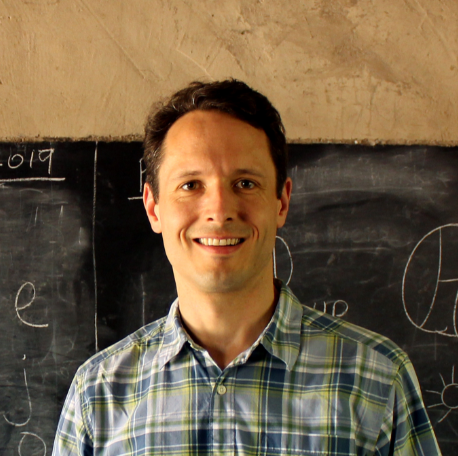Does Africa Need a Rotten Kin Theorem? Experimental Evidence from Village Economies
Published in Review of Economic Studies, 2016
Abstract
This article measures the economic impacts of social pressure to share income with kin and neighbours in rural Kenyan villages. We conduct a lab experiment in which we randomly vary the observability of investment returns to test whether subjects reduce their income in order to keep it hidden. We find that women adopt an investment strategy that conceals the size of their initial endowment in the experiment, though that strategy reduces their expected earnings. This effect is largest among women with relatives attending the experiment. Parameter estimates suggest that women anticipate that observable income will be "taxed" at a rate above 4%; this effective tax rate nearly doubles when kin can observe income directly. At the village level, we find an association between the willingness to forgo expected return to keep income hidden in the laboratory experiment and worse economic outcomes outside the laboratory.
Other versions
Link to published paper in The Review of Economic Studies
Pre-print 2015 manuscript (pdf)
Earlier version appears as World Bank WPS 6085, June 2012, also available from SSRN
Data
Data and analysis files: (hosted at RESTUD) / (hosted at github) / (hosted at the World Bank Microdata Catalog)
Media
Blog coverage by Markus Goldstein on Development Impact: Pull him down? How about pull her down…
Featured in World Bank Development Research Human Development Quarterly Update 2015 Q3
Other details
JEL codes: C91, C93, D81, O12
Recommended citation: Jakiela, Pamela, and Owen Ozier. "Does Africa Need a Rotten Kin Theorem? Experimental Evidence from Village Economies." The Review of Economic Studies 83, no. 1, (2016): 231–268.
